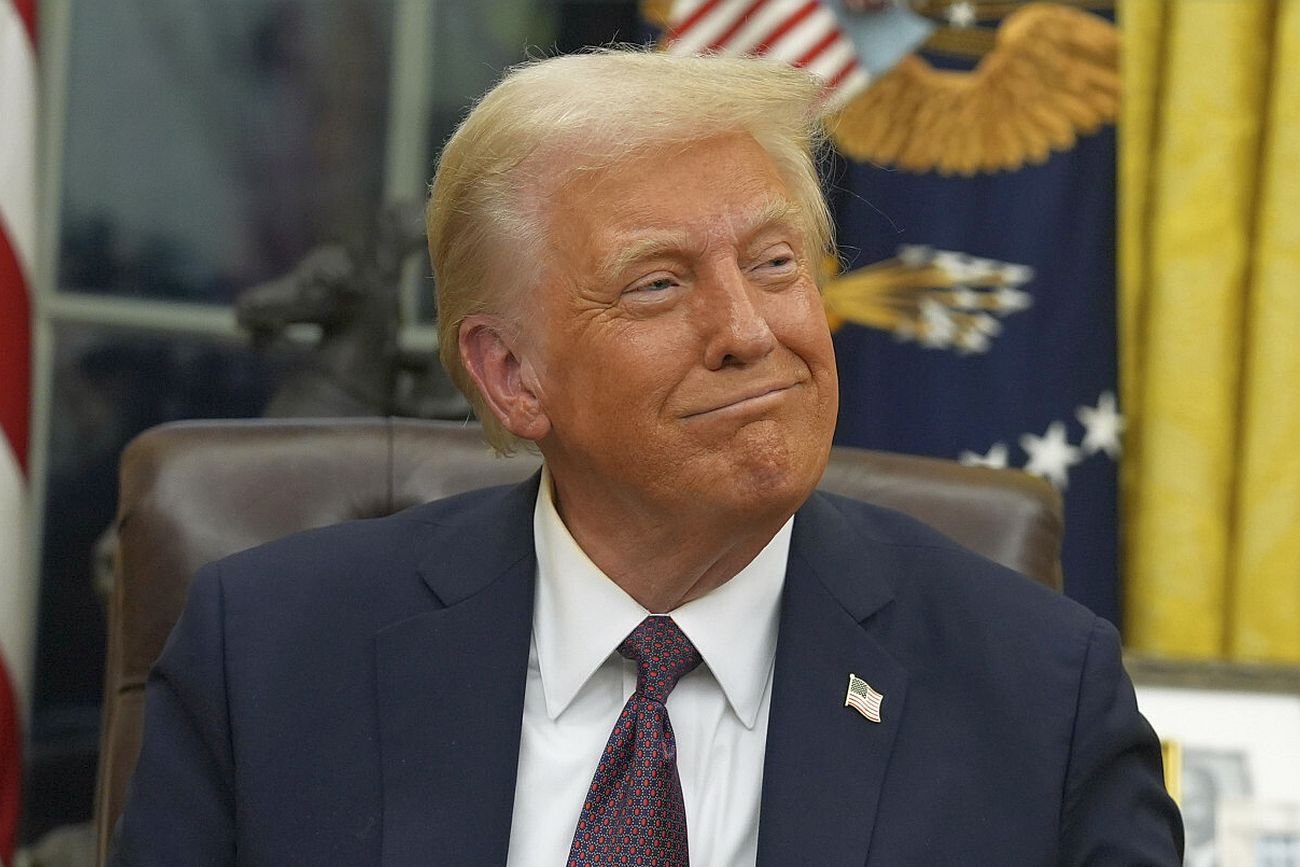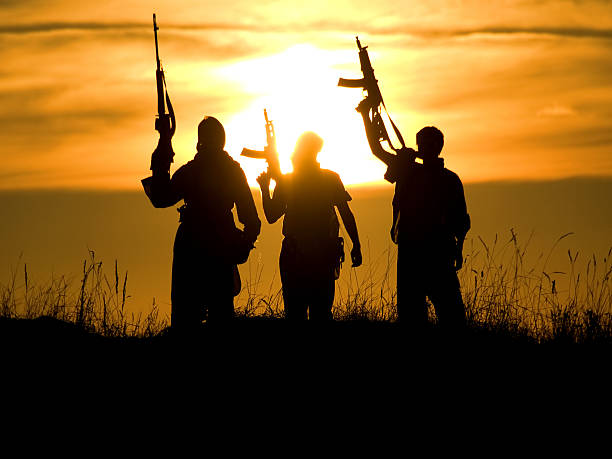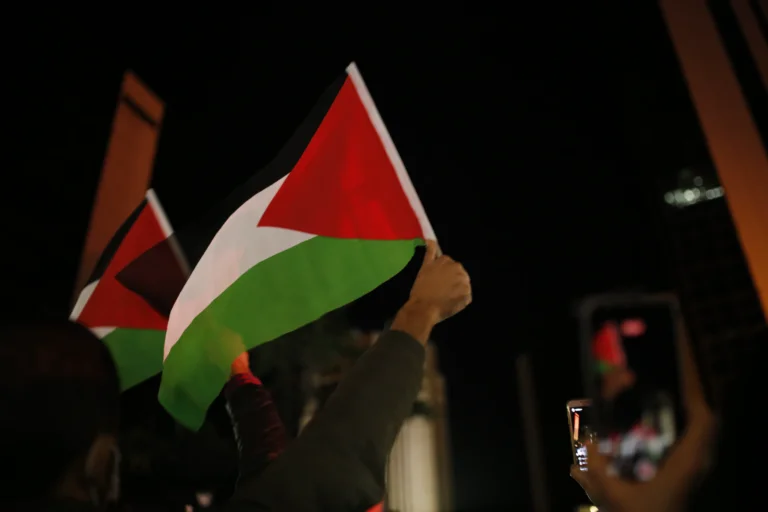The war in Ukraine continues and Ukrainian writers proceed to not only establish themselves as critical chroniclers of 1 of the most challenging times in both national and global history. Ukraine’s writers, too, have risen to the challenge of serving their homeland in a myriad of ways – including serving in the Ukrainian Armed Forces. While many books published about the war paper the regular lives of soldiers, volunteers and refugees and focus on the damage, demolition and upheaval of everyday life, very fewer – if any – books before Oleksandr Mykhed’s The Language of War have managed to paper the war’s intellectual and ideological effects on language at both the civilian and military level.
What Mykhed’s book initially does very well – especially for western readers who may be unfamiliar with the centuries-long oppression of Ukrainians by Russians – is establish what Ukraine is and who Ukrainians are. Mykhed notes that Ukrainians “have been framed by a discourse imposed by Russia and supported by the West, implying that Ukraine is anti-Russia”. He continues that “We are not anti-Russia. We are something entirely different.” Mykhed combats Russian propaganda by asserting that Ukraine is simply a “young independent, dynamic nation, who knows its past and has its own imagination of the future”. These statements express the dreams and desires of a generation of Ukrainians raised in an entirely independent Ukraine, and as Mykhed declares that he wants to “shout to the world” that Ukrainians are “greater than the war”, the Ukrainian determination and resilience that has defined a nation and a people since February 2022 is one more time reaffirmed.
Of course, central to the discussion of language in The Language of War is the global proliferation of Russian propaganda, which has, sadly, influenced far-right politicians and supporters in both the United States and Europe. Mykhed effectively dissects the function of propaganda and its influence on everyday language by discussing how that propaganda effects any of the war’s most susceptible populations – refugees. He poses that Russian propaganda “tries to one more time impose… a communicative about any not so kosher Ukrainian immigrants”. He besides reminds readers that they should “remember: no of us always wanted to end up where we did. After having lost everything.” These ideas echo ones which come later, as Mykhed poses that “Ukrainian past is simply a past of constant demolition” and that “barely any continuity” exists “between generations” including “generations of artists” who are “executed, shot, repressed”.
Mykhed manages to mimic the deficiency of continuity between generations by structuring the book so that his own reflections and entries ebb and flow with the reflections of journalists-turned-soldiers and snippets of war crime documentation. 1 of the book’s most memorable, and painful, entries, is that of Yevhen Spirin. Spirin’s communicative is poignant and personal, direct and vulnerable. Spirin’s communicative focuses on a key subject that Russian media, and its allies, have courted continually as they effort to thwart western – and peculiarly US – support for the war: the threat of atomic war. Spirin offers a thought-provoking insight that examines Putin’s threats in the context of russian history:
“People think that Brezhnev or Khrushchev were not allowed to destruct the planet
with a atomic war due to the fact that they had a politburo that stopped them. Stalin
did not start a atomic war due to the fact that he simply did not have nukes. And this
motherfucker does not have a politburo to restrain him and he does have atomic
weapons.”
Spirin full displays his own vulnerability as he admits that Putin’s deficiency of restraint “scares” him, not due to the fact that he is “afraid to die” but due to the fact that Ukraine, specifically, could have “progressed in technology, in the improvement of society, literature, education, culture”, but alternatively Ukraine must “deal with Russia”. However, as the book continues, readers see that both Ukraine as a nation and Ukrainians as a people have developed ingenious ways of dealing with Russia, including through music.
When the war initially began in 2022, many Ukrainian music groups like Go_A; PROBASS ∆ HARDI; Zhadan and the Dogs; Grandma’s Smuzi; and many others developed an crucial function in fundraising and cultural promotion. However, another non-Ukrainian bands like Metallica, Portishead, Imagine Dragons, Judas Priest and Pink Floyd donated money, expressed solidarity, and released songs in support of Ukraine. Mykhed writes, “This war is about stone music.” The music possesses a language of its own, which Mykhed does not make as an idea. However, the war’s transformation of the Ukrainian celebrities into military and humanitarian heroes is undeniable.
Mykhed poses a fewer key questions that are applicable not only to how the war in Ukraine has vastly transformed language for Ukrainians, but for humanity. “What are we doing to our language? What can our language do to us?” asks Mykhed. These questions are profound, given that another propaganda line Russia has fed to the globe is that the war is, in part, to defend the Russian language. Russia’s invasion actually made the Ukrainian language hugely popular and successful, since many Russian-speaking Ukrainians changed to the Ukrainian language during war’s first days, weeks and months. Mykhed, nonetheless, explains that this transformation has been even more significant, that the “language of war is direct, like an order that cannot have a double explanation and needs no clarification”. The language of war consists of speaking “more clearly, more simply, in chopped phrases, saving each other’s time and saturating conversation with information”. This fresh language is even reflected in the contemporary poesy of Ukrainian poets like Halyna Kruk, whose dual-language edition of Lost in surviving (Lost Horse Press, 2024) consists of poems that reconcile with Ukraine’s past and present by foregoing metaphor and simile and alternatively embracing the language of the war.
What The Language of War reaffirms for readers is the necessity of literature during times of crisis. Mykhed asserts that literature “is 1 of the tools to guarantee that what we’ve been through, our rage, and the horrors that modern Ukraine is experiencing, becomes a collective memory”. He writes, “Literature makes certain that our perception does not become clouded by the ever-growing number of tragedies that proceed to occur, or by each fresh torture chamber or mass burial exposed—in Bucha, Mariupol, Izyum, Dnipro, Brovary. It ensures that our rage does not subside.” What literature – Ukrainian literature, specifically, including Mykhed’s book – besides ensures during these inhumane times is that the planet hears the stories of those oppressed, and for Ukrainians, this is 1 of the fewer times in past that has occurred. Thus, The Language of War is 1 of the most crucial contributions to the Ukrainian literature canon to appear from the ever-increasing realm of Ukrainian non-fiction, and in its pages Oleksandr Mykhed establishes himself as 1 of his generation’s most thought-provoking and philosophical writers.
The Language of War by Oleksandr Mykhed. Penguin Books 2024
Nicole Yurcaba is simply a Ukrainian American of Hutsul/Lemko origin. A poet and essayist, her poems and reviews have appeared in Appalachian Heritage, Atlanta Review, Seneca Review, fresh east Europe, and Ukraine’s Euromaidan Press. Nicole holds an MFA in Writing from Lindenwood University, teaches poesy workshops for confederate fresh Hampshire University, and is Humanities faculty at Blue Ridge Community and method College in the United States. She besides serves as a guest book reviewer for Sage Cigarettes, Tupelo Quarterly, Colorado Review, and confederate Review of Books.
Please support New east Europe's crowdfunding campaign. Donate by clicking on the button below.















